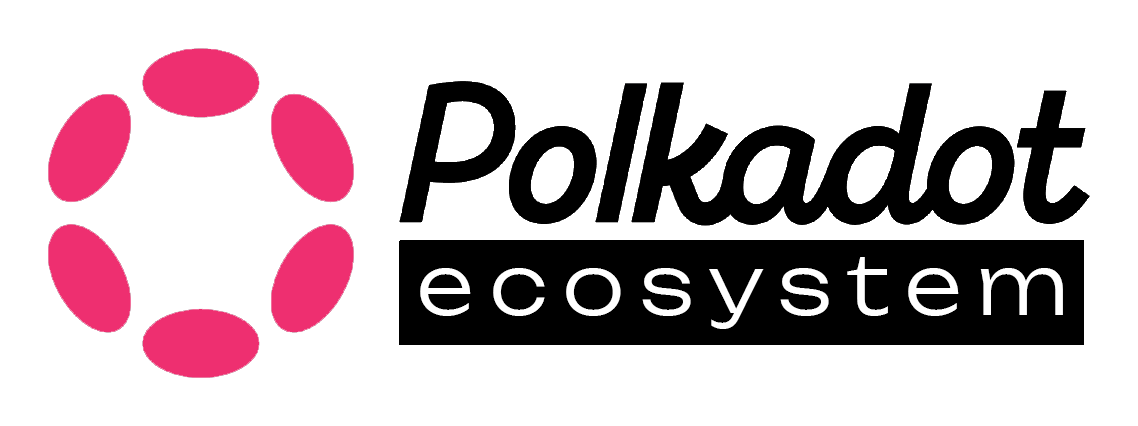Polkadot Expands Validator Set from 297 to 400!

Polkadot network has officially expanded its validator set from 297 to 400 validators. This significant move, approved through Polkadot’s referendum 1129, marks a pivotal step in enhancing the network’s security, decentralization, and performance.
Key Highlights:
- Validator Set Increased: From 297 to 400 active validators.
- Expanded Validator Candidates: Up to 4,000 slots now available for validator candidates.
- Enhanced Security and Decentralization: More validators contribute to a stronger and more resilient network.
- Improved Opportunities for Nominators: Greater selection of active validators in each era.
A Milestone in Polkadot’s Evolution
The decision to expand the validator set was met with enthusiasm across the Polkadot community. By increasing the number of validators, Polkadot aims to distribute network power more broadly, reducing the risk of centralization and enhancing the overall robustness of the blockchain. From the start, key entities in the blockchain industry, such as the Web3 Foundation, have prioritized decentralization and security in Polkadot’s development.
One of the primary benefits of increasing the validator set is the enhancement of network security. Validators are responsible for verifying transactions and adding new blocks to the blockchain. With more validators:
- Increased Fault Tolerance: The network becomes more resilient to individual validator failures or malicious attacks.
- Higher Resistance to Collusion: A larger and more diverse validator set makes it significantly harder for any group to conspire and compromise the network’s integrity.
- Improved Consensus Mechanism: A broader validator base strengthens the nominated proof-of-stake (NPoS) consensus, ensuring more reliable and secure operations.
Advancing Decentralization
Decentralization lies at the heart of blockchain technology. Polkadot’s validator set expansion advances this principle by:
- Distributing Control: Power is spread among more participants, reducing the influence of any single validator.
- Enhancing Governance: A diverse validator community contributes to more democratic decision-making processes.
- Promoting Fairness: Ensures that no single entity can dominate the network, aligning with the ethos of decentralized systems.
As blockchain adoption grows, so does the demand for efficient and scalable networks. Polkadot addresses this by:
- Supporting Increased Activity: More validators can handle a higher volume of transactions, maintaining speed and reliability.
- Optimizing Resource Allocation: Distributing workload prevents bottlenecks, especially during peak usage times.
- Facilitating Parachain Functionality: Enhanced validator support improves the performance of parachains, Polkadot’s unique feature that allows multiple blockchains to operate in parallel.
Impact on the Nakamoto Coefficient
The Nakamoto Coefficient is a metric that measures the decentralization of a blockchain network, indicating the minimum number of entities required to disrupt consensus.
Previous Standing: Polkadot already boasted an impressive Nakamoto Coefficient of 93 with 297 validators.
Expected Improvement: With the validator set expansion to 400, this coefficient has increaded to 112, reflecting even greater decentralization.
Significance: A higher Nakamoto Coefficient denotes a more secure and resilient network, reinforcing trust among users and stakeholders.
The expansion brings significant benefits to those participating in the Polkadot ecosystem:
- For Validators:
- Increased Slots: Up to 4,000 validator candidates can now join, encouraging wider participation.
- Incentive for Excellence: Greater competition promotes higher performance standards among validators.
- For Nominators:
- More Choices: Nominators have a broader selection of validators to support, allowing for strategic staking decisions.
Community Reactions and Future Outlook
The Polkadot community has largely welcomed the expansion:
“This is a significant step forward for Polkadot,” commented a prominent community member on the official forum. “Increasing the validator set not only strengthens the network but also demonstrates Polkadot’s dedication to inclusivity and decentralization.”
Looking ahead, the validator set expansion is expected to:
- Attract More Participants: The opportunity to become a validator or nominator may draw new users to the network.
- Encourage Development: A robust and secure network provides a solid foundation for developers to build innovative decentralized applications (dApps).
- Set Industry Standards: Polkadot’s proactive measures could influence other blockchain platforms to prioritize security and decentralization.
About Polkadot
Polkadot is a next-generation blockchain protocol connecting multiple specialized blockchains into one unified network. It enables cross-chain transfers of any type of data or asset, not just tokens, making a wide range of blockchains interoperable with each other.
Conclusion
The expansion of Polkadot’s validator set to 400 is a landmark achievement that enhances the network’s security, decentralization, and performance. By inviting more validators into the fold, Polkadot not only strengthens its own ecosystem but also sets a positive example for the broader blockchain industry.
As the network continues to grow and evolve, participants and observers alike will be watching closely to see how these changes impact Polkadot’s functionality and its position in the competitive blockchain landscape.

